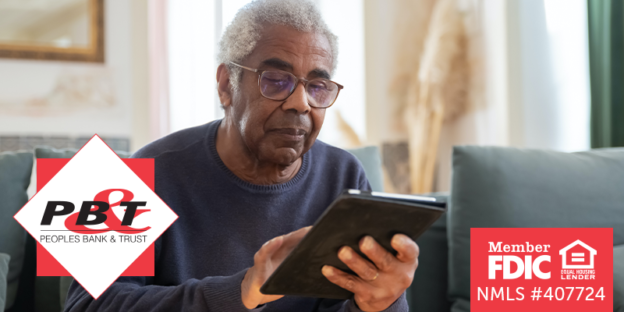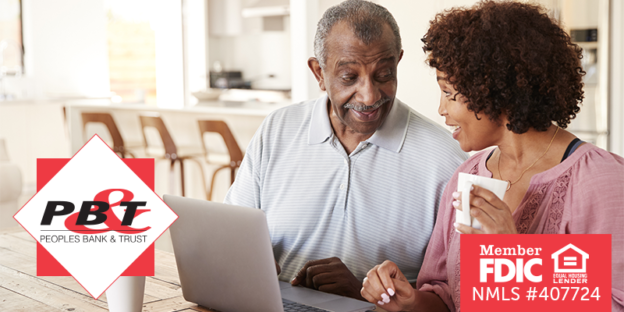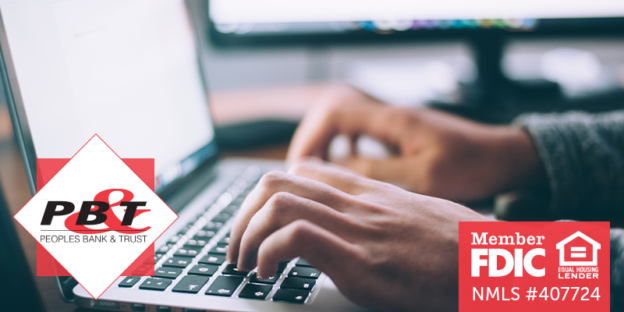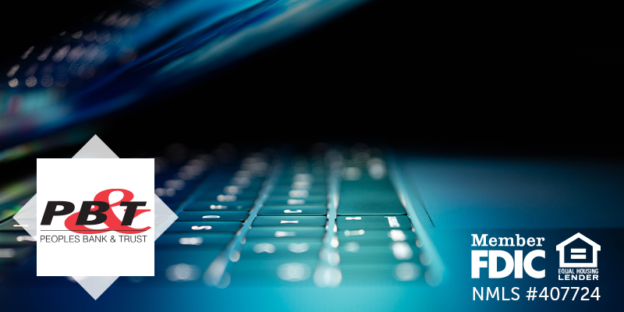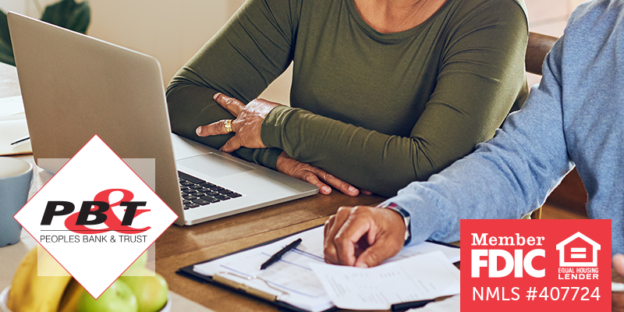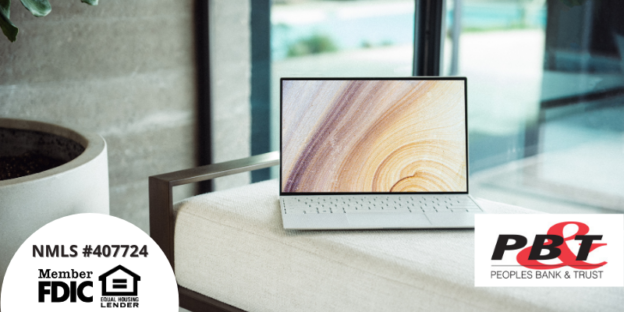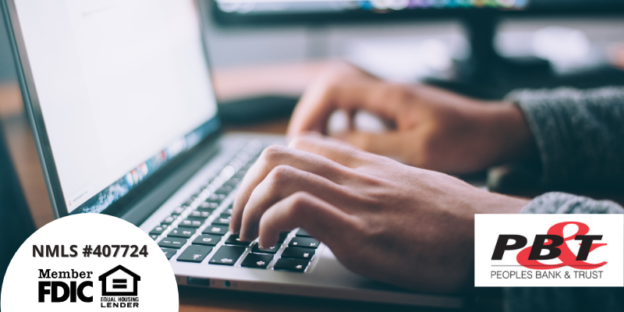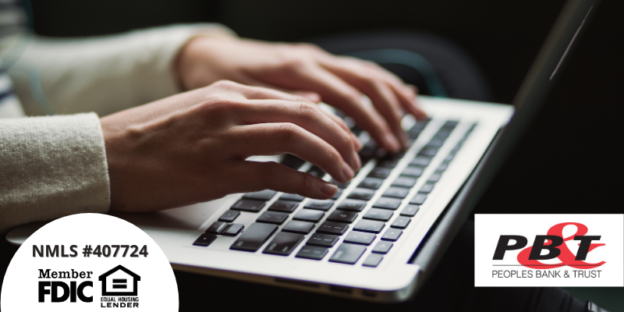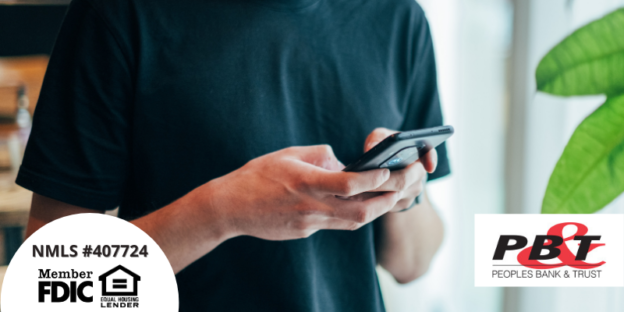When it comes to older individuals, cybersecurity is something that can be commonly overlooked. Instead of hoping for the best, it’s important that we take steps to educate those who might not know how to spot cybercriminal activity. Here are some important things to remind your elderly loved ones:
Even if an email looks legitimate, there’s still a chance it isn’t.
Cybercriminals do a great job masking their identities by making emails and messages look like they’re coming from a reliable source. This can be tricky for people to differentiate, so make sure your elderly loved one knows that not all emails and messages are reliable, even if it looks like it. If they’re using the name of someone you know, always check with that person to make sure. If they’re using the name of a retail store, financial institution or other business, you can call that place and see if the message you received is really from them.
If you’re making online purchases, use your credit card.
Credit cards tend to be much safer than debit cards when you’re making purchases online because there’s better fraud protection. Encourage them to keep a close eye on their banking activity as well, especially if they aren’t alerted when purchases are made. Check with their financial institution to see if you can set up bank alerts so they’re notified whenever a purchase is made. This will give both you and your elderly loved one peace of mind.
Keep your software updated.
Not everyone understands the purpose or importance of keeping your software up to date, but cybersecurity is a big reason. These updates often include critical patches to security holes along with enhanced features.
Shop on reliable websites that you know are real.
There are countless websites out there, many of which are designed to scam you and take your money without sending you an actual product. It can be tricky to figure out which websites are real and reliable and which ones aren’t. Teach your loved one that the best choice is to only make purchases from websites that you know are real, have purchased from before or know someone who has purchased from them successfully.
When it comes to cybersecurity, it’s always better to be safe than sorry.
At the end of the day, it’s always better to take the safe route when it comes to cybersecurity. Continue to remind your aging loved one that it’s better to skip out on a supposed “great deal” than have your card information compromised by a website that is unfamiliar. Play it safe, delete unknown emails, avoid clicking on links from unknown senders, be careful what you download and always safeguard your financial information.
These are reminders that should continue to be mentioned to your elderly loved ones as time goes on. Cybersecurity is extremely important, so we hope this helps you and the people you care about the most!
Peoples Bank & Trust Co.
Member FDIC
Equal Housing Lender


